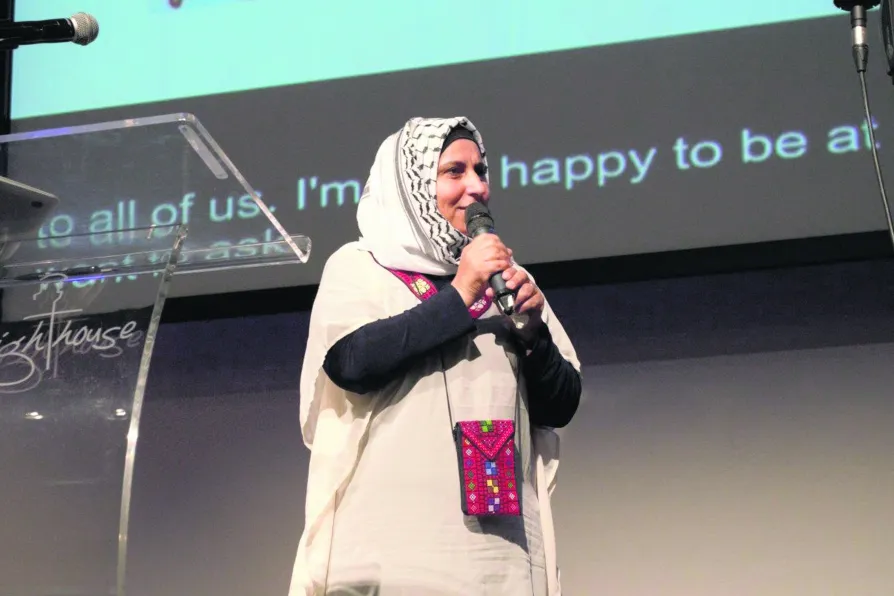The NEU kept children and teachers safe during the pandemic, yet we are disgracefully slandered by the politicians who have truly failed our children by not funding a proper education recovery programme — here’s what is needed, explains KEVIN COURTNEY

 Nawal Slemiah, from Palestine, speaks at FiLiA
[Carina Cunha]
Nawal Slemiah, from Palestine, speaks at FiLiA
[Carina Cunha] FROM a programme packed with speakers, survivors and sisterhood, there’s one short sentence that stays with me.
A young woman told the audience of years of neglect, abuse and grooming. In the session “Failed by the State,” Zoe (not her real name) said: “I was groomed in the womb.”
“As soon as you know the sex of a baby,” she went on, “all the gender stereotypes start applying.”

LYNNE WALSH reports from the Women’s Declaration International conference on feminist struggles from Britain to the Far East

Caroline Darian, daughter of Gisele Pelicot, took part in a conversation with Afua Hirsch at London’s Royal Geographical Society. LYNNE WALSH reports

This year’s Bristol Radical History Festival focused on the persistent threats of racism, xenophobia and, of course, our radical collective resistance to it across Ireland and Britain, reports LYNNE WALSH

LYNNE WALSH previews the Bristol Radical History Conference this weekend













